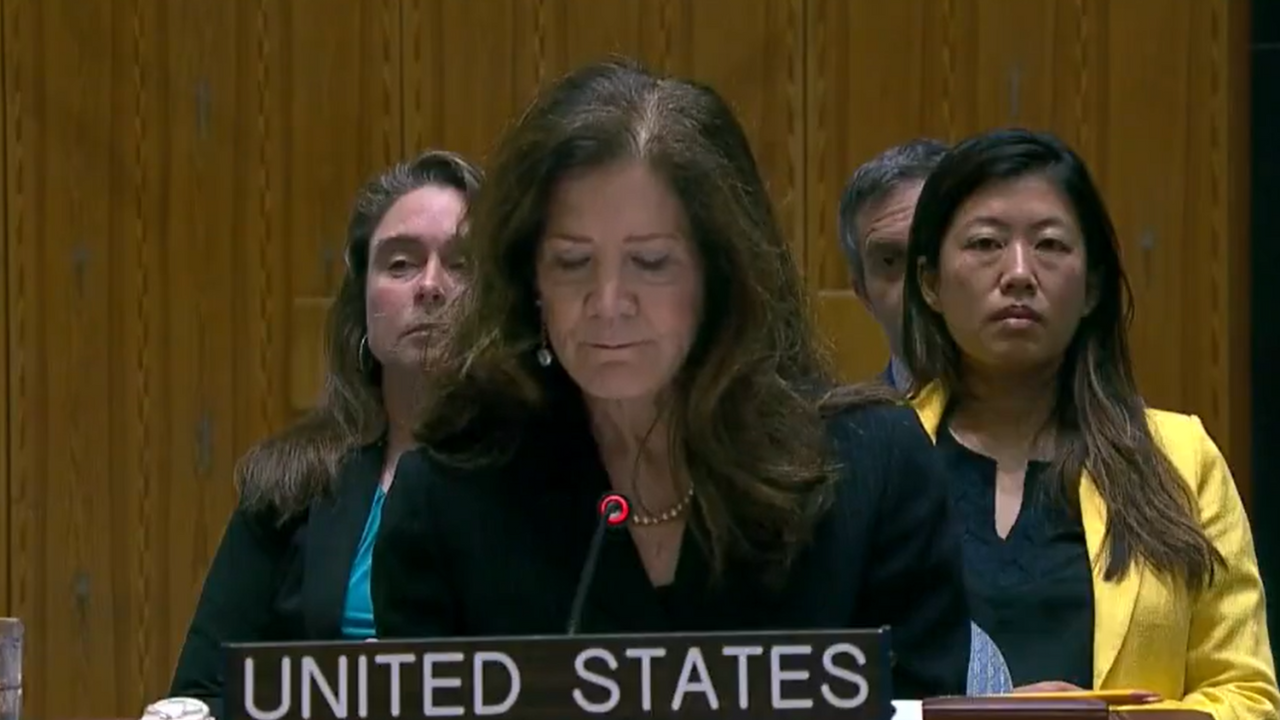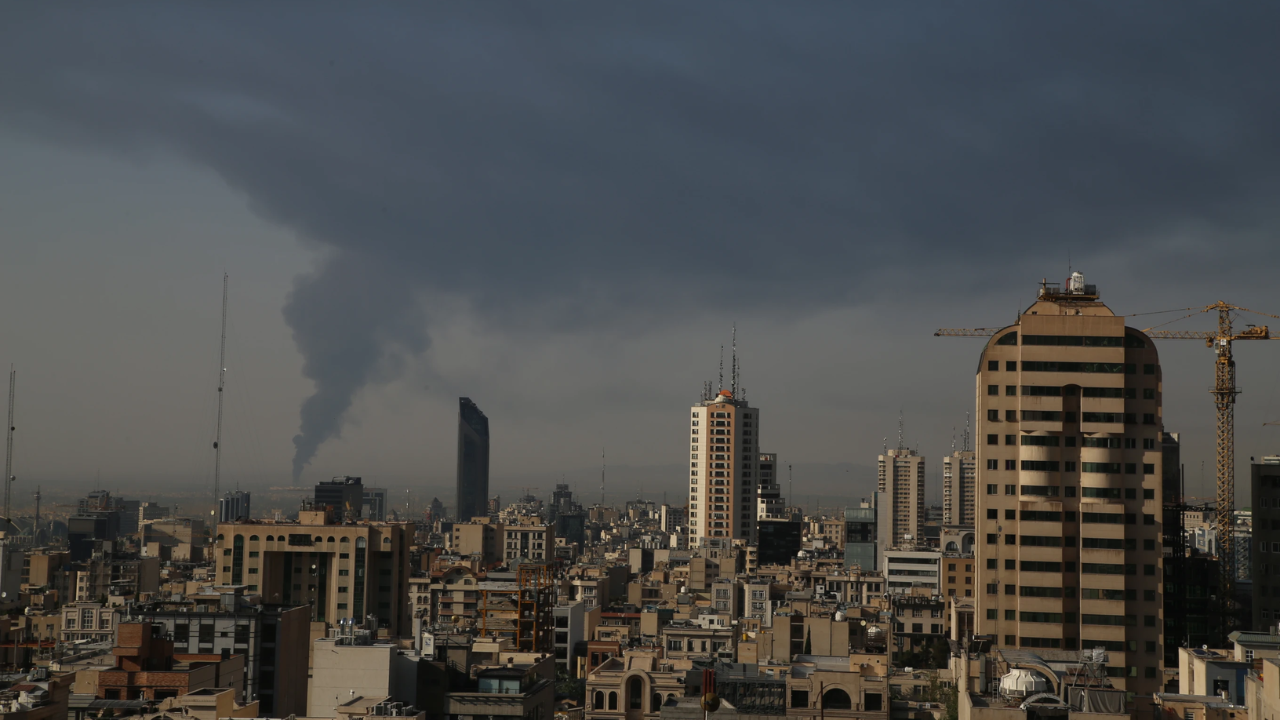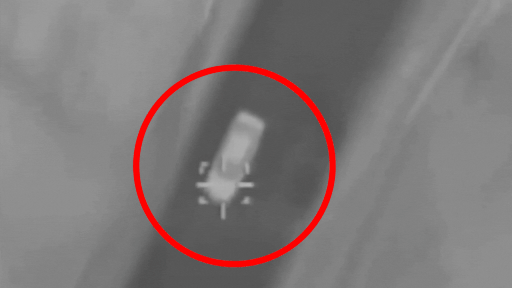Tensions rise as Tulsi Gabbard warns of Iran's rapid nuclear capability, while a US envoy's viral gaffe accuses Israel of spreading terror. Meanwhile, AI voices frustrate Iranian diaspora seeking family contact, highlighting tech's role in disconnection.
Why World Pulse Now?
Global Coverage
All major sources, one page
Emotional Lens
Feel the mood behind headlines
Trending Topics
Know what’s trending, globally
Read Less, Know More
Get summaries. Save time
Live Stats
7,717
150
211
an hour ago
Mobile App
Get instant summaries, explore trending stories, and dive deeper into the headlines — all in one sleek, noise-free mobile experience.
1-Minute Daily Briefing
Stay sharp in 60 seconds. Get concise summaries of today’s biggest stories — markets, tech, sports, and more
Why World Pulse Now?
Global Coverage
All major sources, one page
Emotional Lens
Feel the mood behind headlines
Trending Topics
Know what’s trending, globally
Read Less, Know More
Get summaries. Save time
Live Stats
7,717
150
211
an hour ago
Mobile App
Get instant summaries, explore trending stories, and dive deeper into the headlines — all in one sleek, noise-free mobile experience.
1-Minute Daily Briefing
Stay sharp in 60 seconds. Get concise summaries of today’s biggest stories — markets, tech, sports, and more








